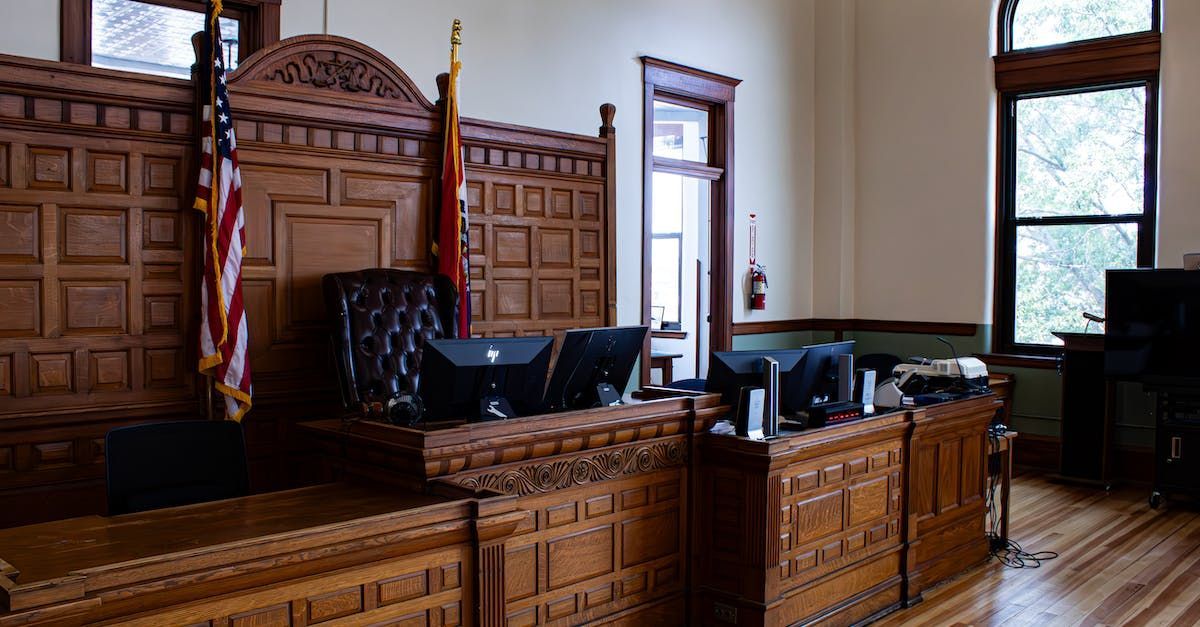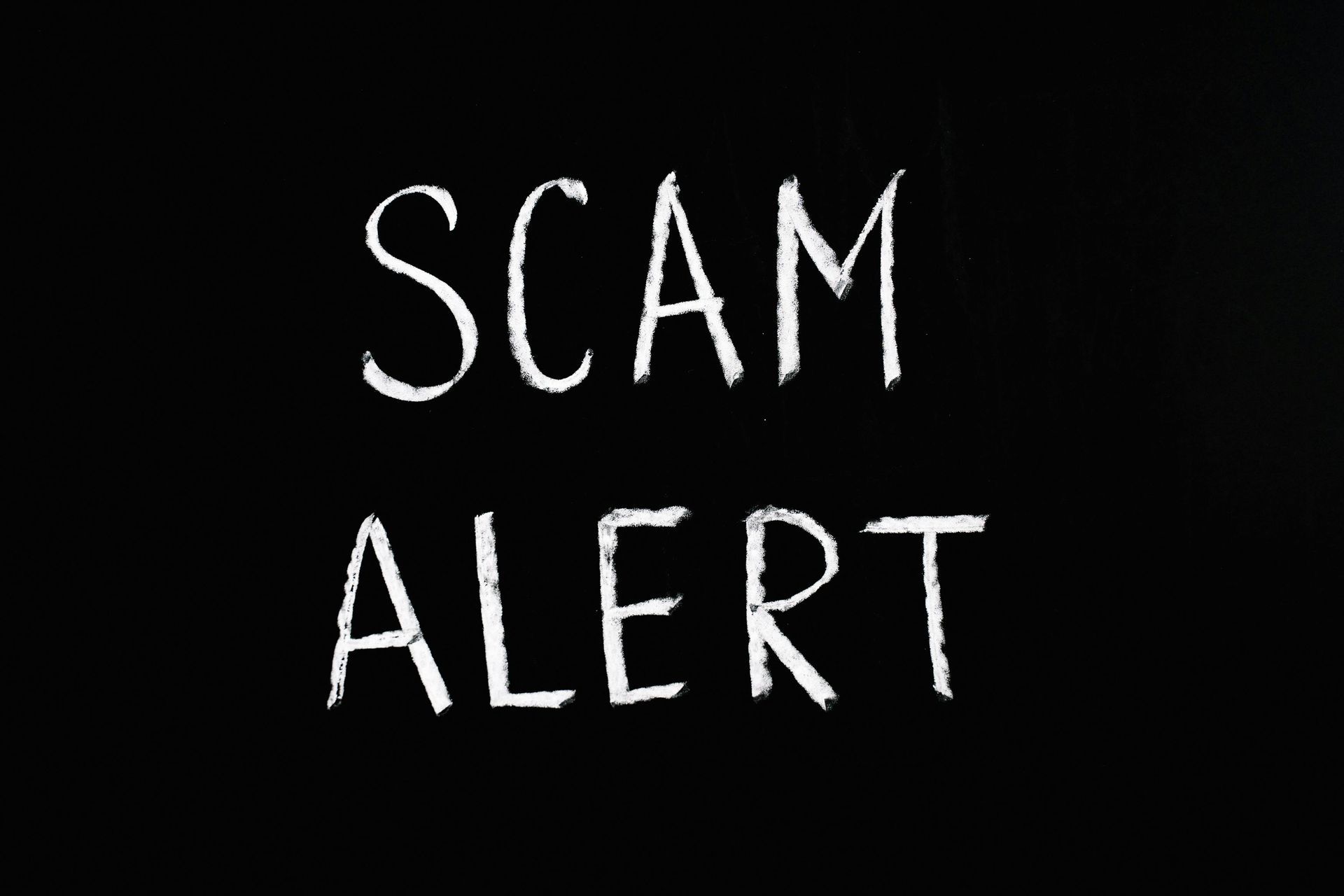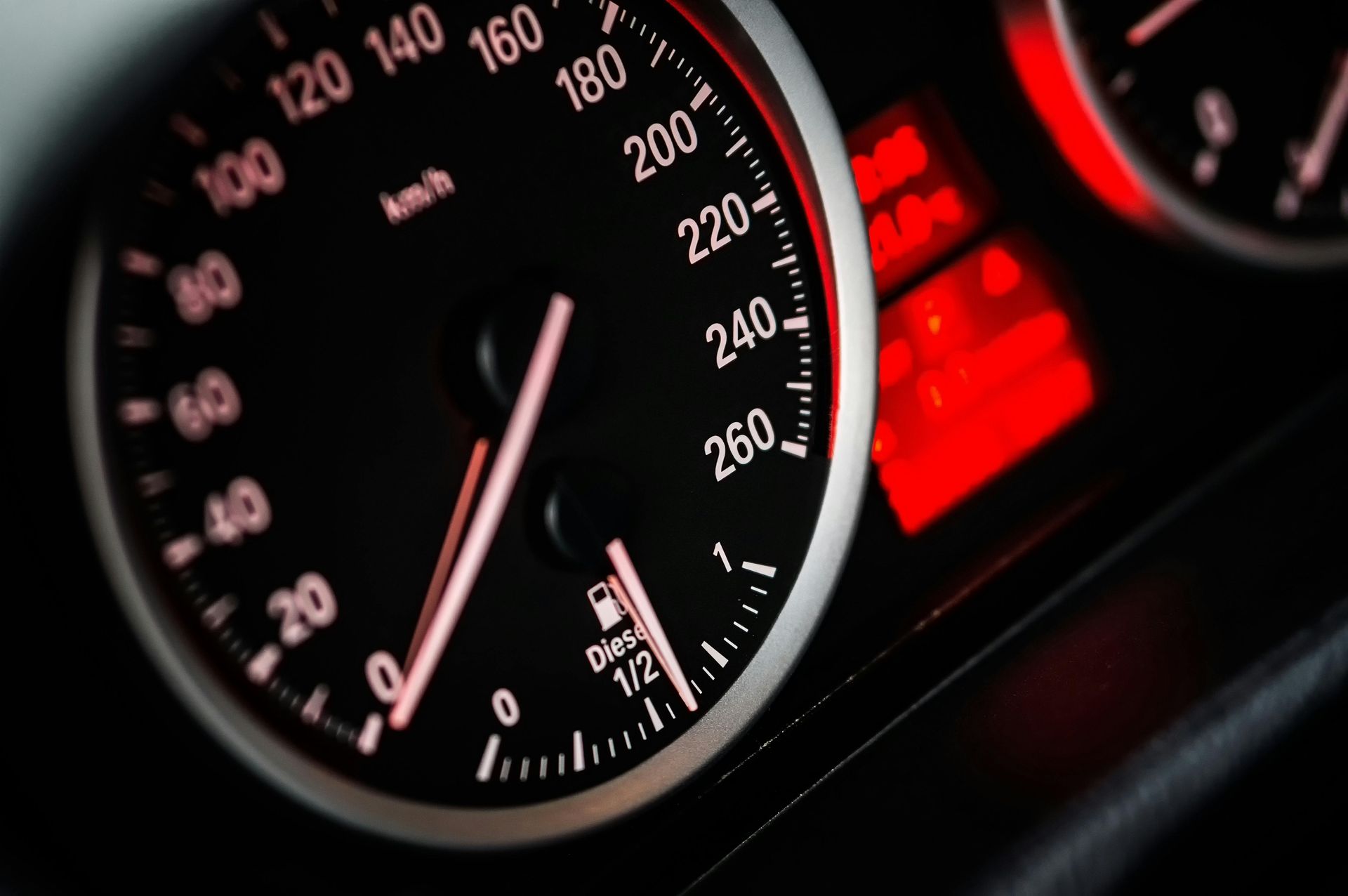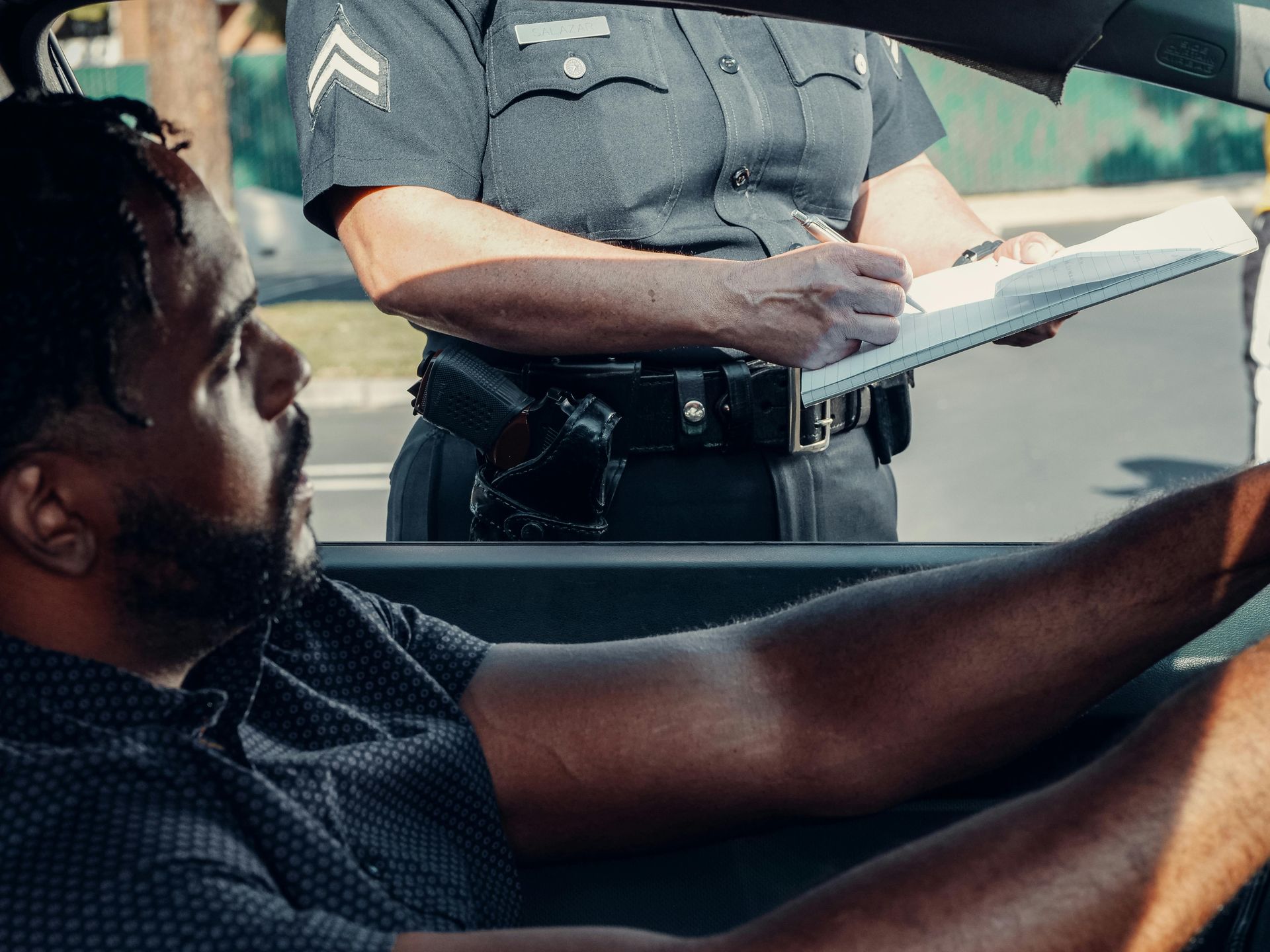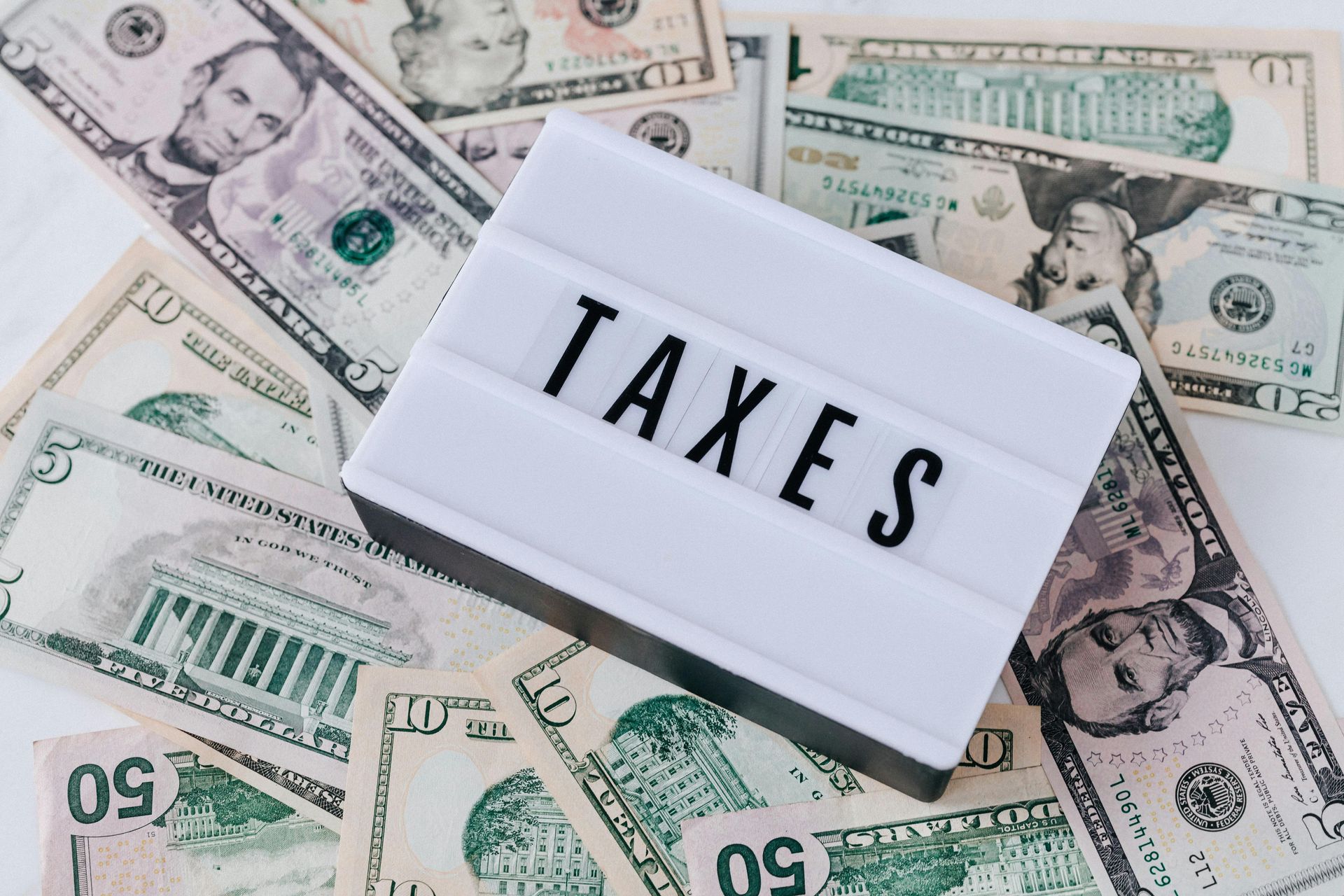Whether to Take a Breathalyzer Test in a DUI
There are important considerations on whether to take a breathalyzer test after a DUI
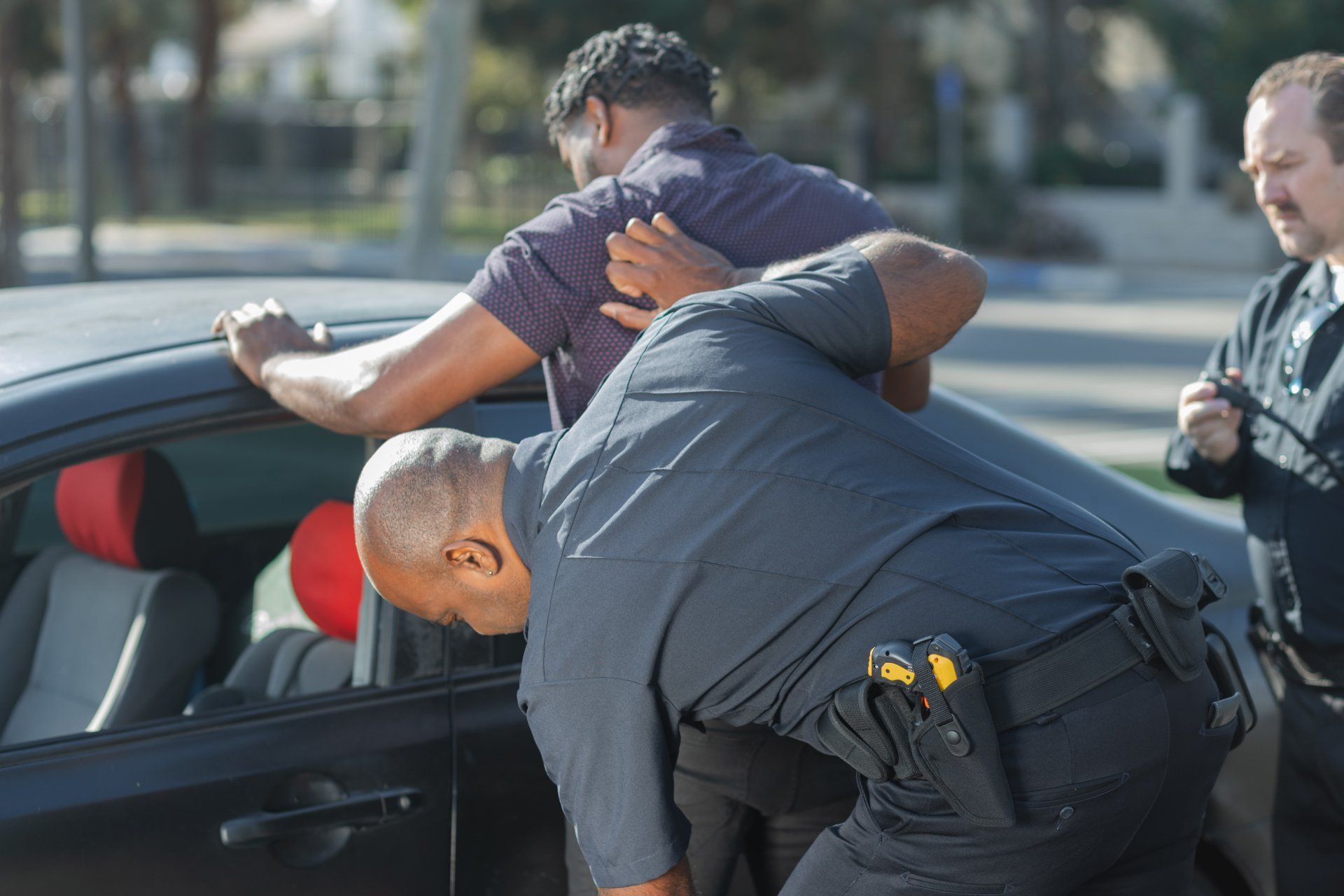
It is a difficult decision whether to take the breathalyzer test. You may be nervous and anxious. Maybe you had a few drinks. It is hard to think with a clear head and it is a difficult decision to make.
It is important to understand the consequences of taking or refusing the breathalyzer test. If you take the test and blow below .08, you will be below the legal limit and the police officer will not take your license. There will be no consequences with the MVA suspending your license. In almost all cases, if you know you are below .08, you should take the test. It goes without saying that you should always take the test if you have not been drinking. Note that you can still be charged with a DUI even if you are below .08.
If you blow between .08 and .14, the police officer will take your license and issue a temporary license. You then three choices. First, you can serve a 180 day suspension of your license beginning the 46th day after the offense. This is not a good option for most people who need to drive. Second, you can elect the ignition interlock for 180 days. This allows you to drive everywhere, but you have to pay for installation and the monthly fees. Lastly, you can request a hearing before an Administrative Law Judge where if you have a defense, the judge can take "no action" against your license or if the judges finds against you, you can be issued a restricted license for work, school, doctor's appointments, and alcohol treatment for 180 days. This is the best bet for many people.
If you take the test and blow .15 or above, your options are a 180 day suspension, one year ignition interlock, or filing for a hearing. At the hearing, you are not eligible for the restricted license so the only way you can avoid the interlock or suspension is to get a "no action."
If you refuse the test, it is a 270 day suspension for a first offense or two year suspension for a second offense. You have the options of a one year interlock or filing for a hearing where you must get a "no action." There are also enhanced penalties that can be brought against you for the refusal in the DUI case.
So, what do you do? If it is your first offense and you have not had much to drink, you should take the test. You might be below the legal limit or at least below .15 where there are options besides the interlock.
If you have had a lot to drink and know you will be .15 or above, you might want to refuse the test. This is especially important for people with prior DUI offenses. If you take the test, you will be providing evidence for the State to convict you and a high result could impact sentencing. A refusal often results in a plea deal to the lesser offense of driving while impaired. If you have a commercial driver license, refusing the test can result in a lengthy suspension of your CDL.
There are charts online that give you a rough estimate of how many drinks it takes to get to the legal limit based upon your gender and weight. It is probably not a bad idea to check them out. It is an even better idea to call an Uber or have a designated driver if you can.


